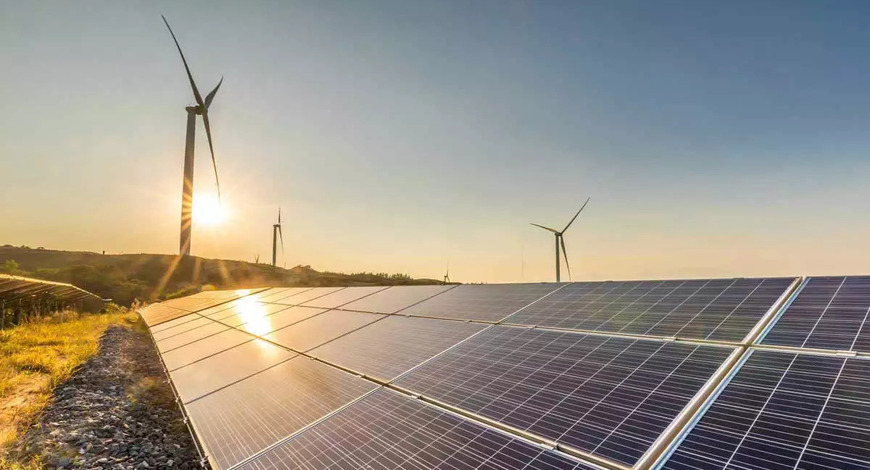The renewable energy sector in India has seen significant growth over the past few years, with the government pushing for increased use of clean energy sources to combat climate change
India is one of the fastest-growing economies in the world. With this growth comes the challenge of managing waste, which can be daunting. However, the waste management sector offers significant potential for job creation in India. Waste management activities such as waste collection, treatment and disposal can create technical and non-technical employment opportunities, offering higher pay and a chance for permanent jobs. Additionally, refurbishing and recycling waste materials can lead to the creation of new products and new jobs. Let’s explore the benefits of waste management and refurbished/2nd life products for job opportunities in India.
Employment in the Circular Economy
The circular economy has the potential to create jobs because re-use and recycling are more labour-intensive than disposal. In India, waste management employment figures are on the rise. According to surveys, there were only 1 lakh full-time employees in waste management in 2018. By 2021, the number of workers increased to 1.25 lakh full-time equivalents, representing a 25 per cent increase in jobs in just three years.
Career Scope
The renewable energy sector in India has seen significant growth over the past few years, with the government pushing for increased use of clean energy sources to combat climate change. There are a number of career and job opportunities available in this sector:
Engineering and Technical Jobs
Renewable energy companies require engineers and technicians to design, install and maintain various types of renewable energy systems, such as solar, wind and hydropower. There are opportunities for mechanical, electrical, civil and environmental engineers.
Sales and Marketing
As the demand for renewable energy sources grows, companies need professionals who can sell their products and services. Sales and marketing positions in the renewable energy sector are available for individuals with strong communication and negotiation skills.
Research and Development
Renewable energy companies are always looking for new and innovative ways to improve their products and services. Research and development positions are available for individuals with a background in science, engineering or related fields.
Project Management
Project managers are responsible for overseeing the planning, budgeting, and execution of renewable energy projects. This includes managing timelines, coordinating with different teams and ensuring that projects are completed on time and within budget.
Policy and Regulation
The renewable energy sector in India is heavily regulated and there is a need for professionals who can navigate the complex regulatory environment. Individuals with a background in law, public policy or related fields can find opportunities in this area.
Finance and Investment
The renewable energy sector requires significant investment and there is a need for professionals who can manage financing and investment strategies. Jobs in this area include financial analysts, investment managers and accountants.
Overall, the renewable energy sector in India is growing rapidly and there are many opportunities available for individuals who are interested in pursuing a career in this field.
Future of Job Creation in the Sector
The circular economy can be broadly categorised into four areas: plastic waste and reuse of waste materials in repair work, retail of second-hand goods and renting. To achieve the target of more than 50 per cent recycling and disposal in an environmentally sound manner in India, 10 lakh additional jobs are needed. The current circular economy activities are estimated to create more than 5 lakh new jobs across India, and further advancements in the circular economy could lead to up to 20 lakh new jobs by 2030. However, to date, not much has been written about the quality of these jobs and what the transition to a circular economy means for skill development.
Current trends of Renewable Energy in India
It is important to note that waste-to-energy (WTE) plants, which convert solid waste into energy, can play a role in reducing the amount of plastic waste that ends up in landfills and the environment. Therefore, while WTE plants can contribute to a more sustainable waste management system, they should not be viewed as a panacea for all of our energy needs or environmental challenges. Plastic waste management will cover only 10-20 per cent of Green Renewable Energy in the country, whereas, most of the renewable energy is drawn from renewable resources like sunlight, wind, the movement of water and Earth etc.
The amount of energy that can be generated from WTE plants depends on several factors, including the type of waste being processed, the efficiency of the plant and the availability of feedstock. In the case of plastic waste, which is a relatively low-energy feedstock compared to other forms of waste such as biomass, it may be more challenging to generate significant amounts of energy through WTE plants.

